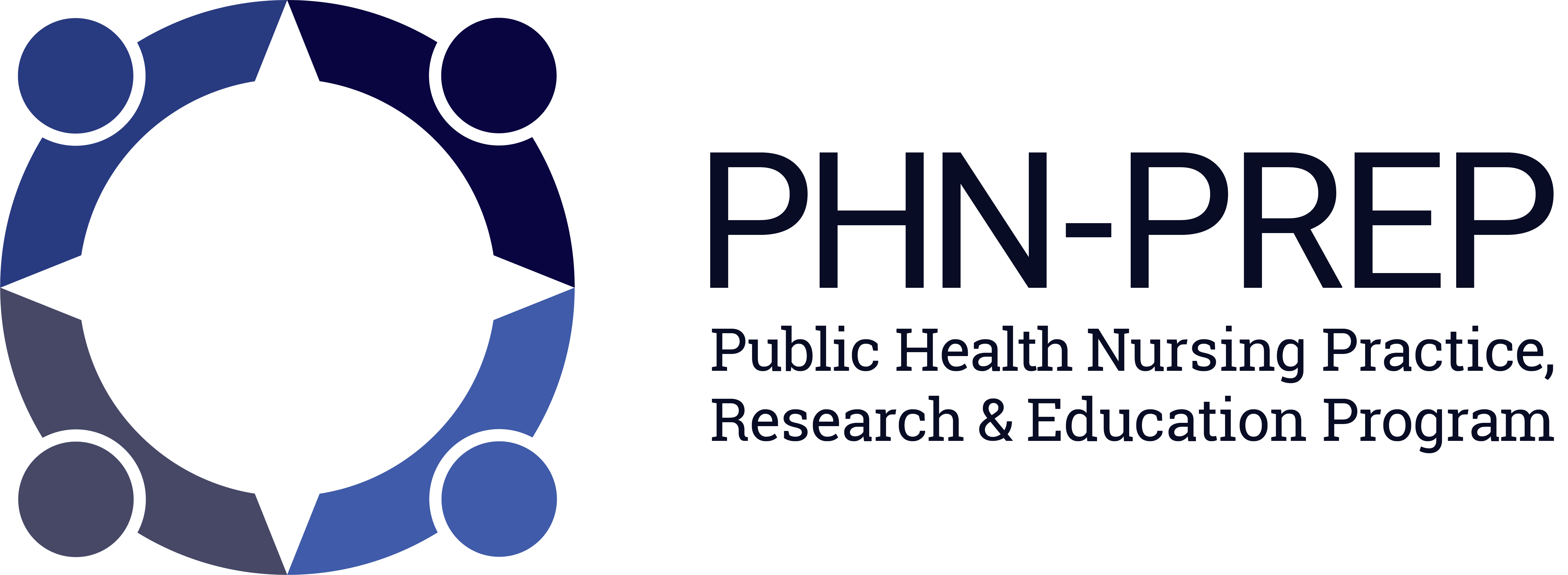
Vaccines and vaccine roll-out plans have been dominating the public discourse for months now; with an (over?) abundance of information from governments and public health officials aimed at enabling individuals to make decisions about COVID-19 vaccination. With all of this information (and the ever-evolving eligibility and recommendations) I often wonder how people can feel confident in their vaccine decision making – and I’m learning that the necessary ingredient is trust – and as nurses (over reporters, politicians, and most other professionals) we have the ability to develop and foster trust with the aim of supporting vaccine confidence across our province. While public health nurses are central to the COVID-19 vaccine administration across Ontario, working at mass-vaccination sites and pop-up clinics, they also have an important role in supporting their HBHC and NFP clients as they make personal decisions about vaccination. Additionally, nurses are often asked for advice as “trusted experts” among their own friends and family. At PHN-PREP we have developed 2 resources to help you in this extremely important role!
The first resource provides guidance on how to apply the PrOTCT framework to have positive discussions about vaccines with clients. Originally developed as a tool for providers discussing childhood vaccinations with parents, the tool has been adapted to various contexts in light of the global pandemic and mass-immunization campaigns, including facilitating discussions with adults considering their own vaccination. In line with our other PHN-PREP guidance documents, applying the PrOTCT framework for COVID-19 vaccine discussions, includes practical strategies and tips for nurses so that individuals feel safe and respected as they engage in discussions about vaccination.
The second resource we would like to highlight provides guidance on supporting adults to manage their “needle fear” as this might be a barrier for some when agreeing to get the COVID-19 vaccine. Needle fear leading to vaccine avoidance is estimated to occur in 16% of adults, however, nurses can provide anticipatory guidance on what to expect during vaccine appointments and help individuals or families develop a plan to increase their comfort during vaccination.
Whether directly involved in administering vaccines or helping families feel safe and supported in their decision to get vaccinated – you are an important part of the ongoing pandemic response – kudos and keep up your amazing work!
Written by: Liz Orr

